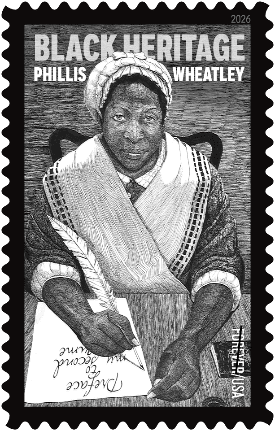By Liz Kudwa
A: This is a great question, especially because we are approaching tax time! It can be a bit overwhelming to decide which records to keep and which to discard. Information from the Consumer Information Center (CIC) of the General Services Administration (GSA) office helps to clarify what to do about your personal recordkeeping. Here are some of their guidelines to get you started.
Documents to keep in a Safe Deposit Box
The general guideline for what goes in and what stays out of the Safe Deposit Box is: put it in if you can’t replace it or if it would be costly to replace it.
Each of us should have a birth certificate or an acceptable substitute. If you have a lost or misplaced birth certificate, consider applying for replacements now before you have a more pressing need. State registration of births has been mandatory since 1920 and you can contact the Vital Records office in the Michigan Department of Community Health to get a copy.
If you don’t have a Safe Deposit Box you can rent one through your financial institution. Often the smallest size is adequate but larger sizes are available for slightly higher charges. Some examples of other types of documents to keep in a Safe Deposit Box include citizenship papers, marriage certificates, adoption papers, divorce decrees, wills, death certificates, deeds, titles to automobiles, household inventory, veteran’s papers, bond & stock certificates, other important contracts.
Keeping Tax Records
How long should tax records be kept? The Internal Revenue Service (IRS) has 3 years to audit Federal Income Tax returns. And you don’t have to keep everything. For example, you can dispose of weekly or monthly salary statements after you check them against your W2 form. But you should save any cancelled checks that relate directly to an entry on your tax return and keep all medical bills for 3 years.
The IRS generally keeps records for 6 years. You can obtain a copy of your tax return by writing to the IRS center to which your return was sent. Make sure to include your social security number and a notarized signature.
Making Household Inventory Records
It is important to keep a record of the items in your home. If you have a fire or burglary, this inventory will help you remember what needs to be replaced as well as how much each item is worth. The best way to begin compiling an inventory is to start with a sheet of paper for each room in the house. For each item list what it is, how much it cost, when it was purchased and what it would cost to replace it. Include the model number, brand name, dealer’s name and a general description. Taking pictures of the rooms in your house/ apartment and of your possessions will make identification or replacement much easier.
Home Filing System
You should keep two home files, in addition to your safe deposit box. These two files are your active file and your dead storage file. Primarily your active file will hold 1. Unpaid bills until paid, 2. Paid bill receipts, 3. Current bank statements, 4. Current cancelled checks, and 5. Income tax working papers. After 3 years, move these items to your dead storage file.
Other items that you should always be kept in your active file include 1. Employment records such as resumes, recommendation letters, and health benefits, 2. Credit card information, 3. Insurance policies, 4. Copies of wills, 5. Family health records, 6. Appliance manuals and warranties, 7. Education information such as transcripts, 8. Social security information, and 9. An inventory of what’s in your safe deposit box
Additional information can be found at the following websites. Bankrate.com has a great article about records that need to be kept for tax purposes http://www.bankrate.com/brm/itax/edit/news/stories/news_071900.asp
The IRS also has published a document solely devoted personal recordkeeping. It can be viewed at this website http://www.irs.gov/pub/irs-pdf/p552.pdf.
Q: Where is the best place for me to pick up my tax forms?
A: There are a few options for you. Your local public library is the best place to go for tax forms. They will have numerous copies of all the standard forms and will know how to get you copies of some of the less popular forms.
The Capital Area District Library makes tax resources available on their home page for those that are more comfortable using a computer. Visit www.cadl.org/tax/ for more information. A list of resources are given to help you locate tax forms from current and prior years. Additionally, contact information is listed for those organizations that offer one-on-one tax assistance.
Elizabeth (Liz) Kudwa is the Business Reference Librarian at the Capital Area District Library located at 401 S. Capitol Avenue, Lansing, MI 48933. Contact her at 517-334-1522 or by e-mail at kudwae@cadl.org.



